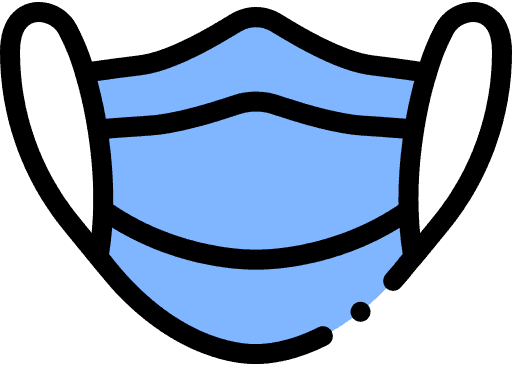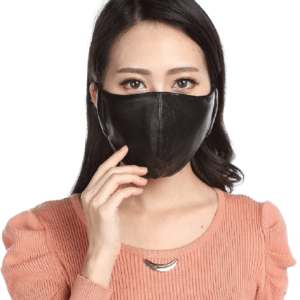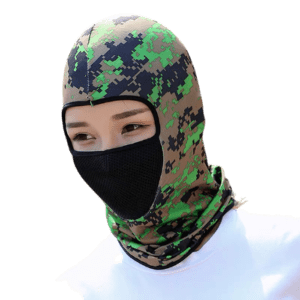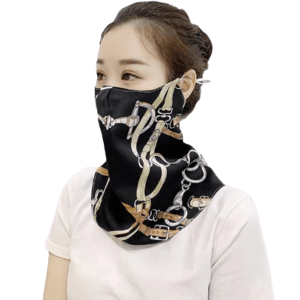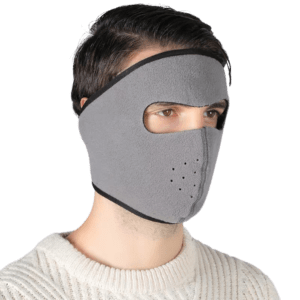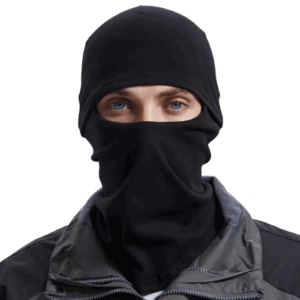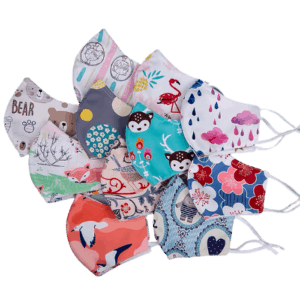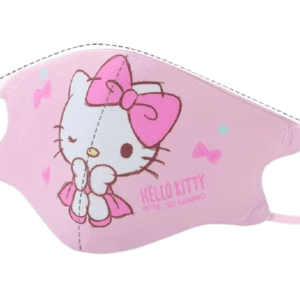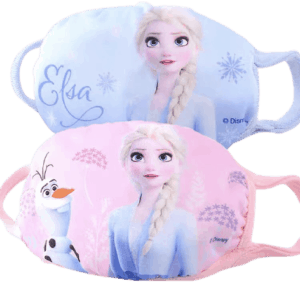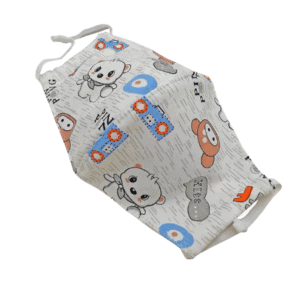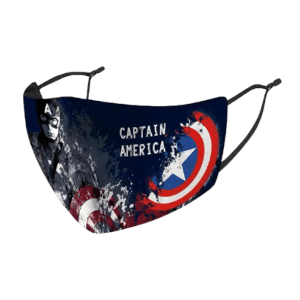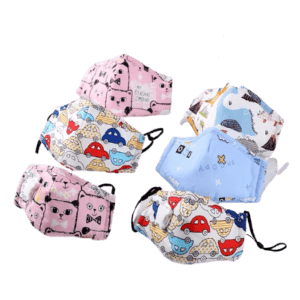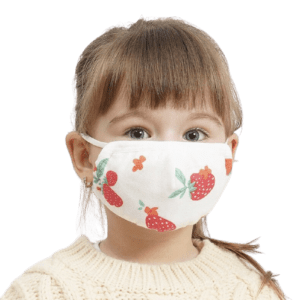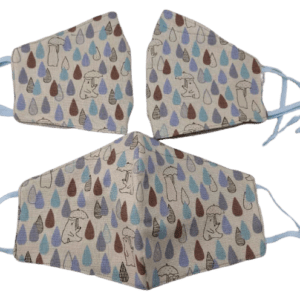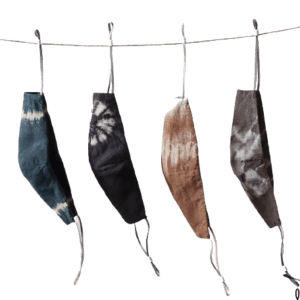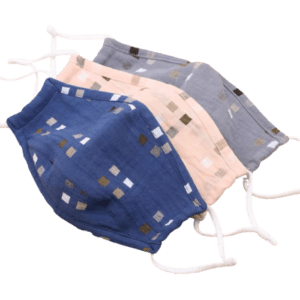If you’re like Ron—one of our major American buyers—you’ve probably asked yourself: How do I protect my investment when placing a large mask order from China? You’ve done the sampling, chosen the fabric, finalized the design, and now it's payment time. But wiring tens of thousands of dollars overseas without safeguards? That’s a real risk for many importers.
To minimize financial risk when buying fabric masks in bulk from China, use secure payment methods like escrow, LC, or insured transfers with transparent contracts.
Over the years, I’ve worked with clients from 50+ countries and handled countless payment disputes, successes, and case studies. What works for Walmart might not work for a new Shopify brand. The key is to match the right payment method with your business size, trust level, and risk tolerance.
What Are the Most Common Payment Methods in Mask Export?
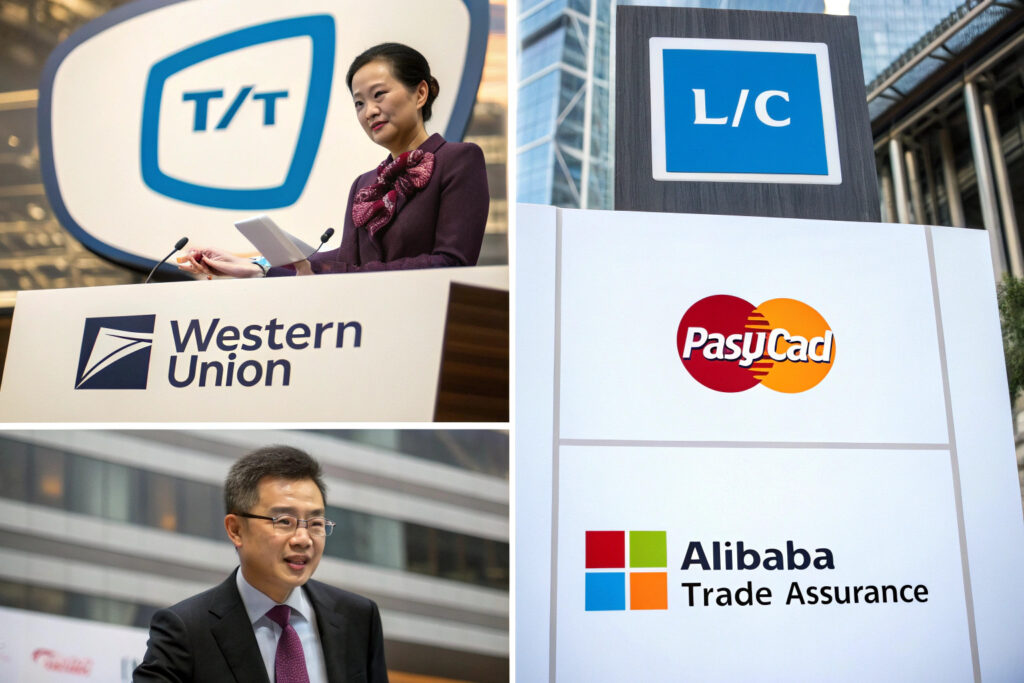
Is Bank Wire Transfer (T/T) Safe for Mask Orders?
Telegraphic Transfer (T/T) is one of the most widely used methods for bulk orders in China. It typically involves 30% upfront and 70% before shipment. It’s fast and cost-effective, especially for repeat transactions. However, it comes with risks if used without contracts or dealing with unknown suppliers.
We’ve seen some first-time buyers wire money based on a proforma invoice without signed terms. That’s dangerous. Always ensure your supplier shares a formal Purchase Contract Template and preferably references Incoterms in the document.
Should You Use Alibaba Trade Assurance?
Yes, especially if you're buying under $50K or working with a new supplier. Alibaba’s Trade Assurance provides escrow protection, meaning your funds are released only after you confirm shipment or delivery milestones.
Their platform also allows you to file disputes for quality or delivery delays. Many of our small to mid-size buyers use this method during first cooperation rounds. Learn more about Alibaba Trade Assurance terms.
How Can Letters of Credit Reduce Financial Risk?
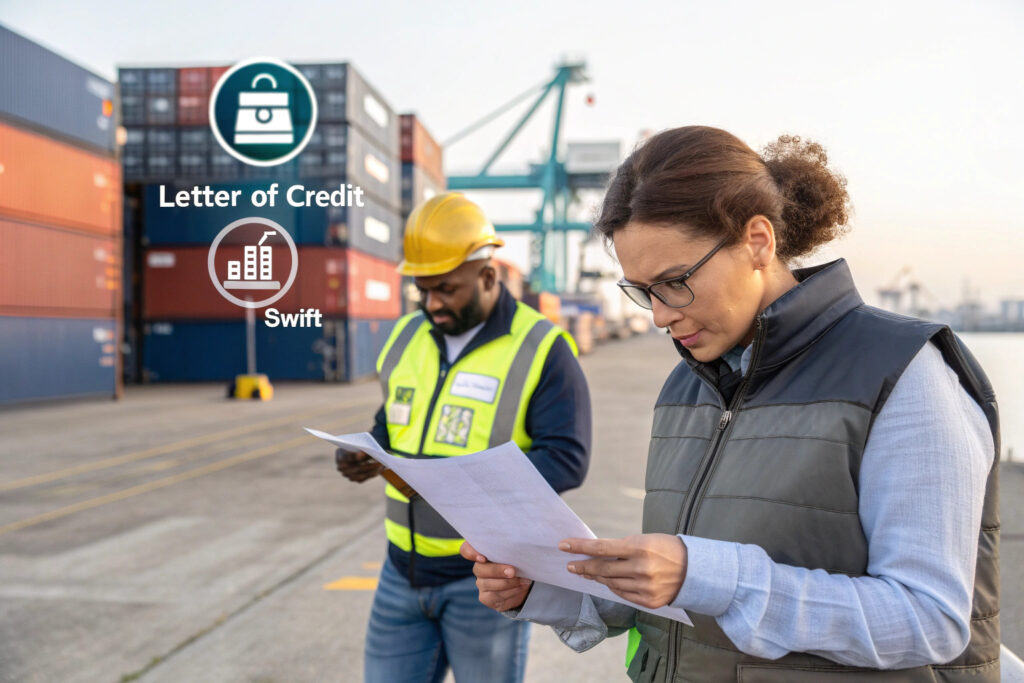
What Is a Letter of Credit (L/C) and When Should You Use It?
L/C is a financial instrument issued by a buyer’s bank to guarantee payment to the seller upon meeting specific terms. It’s ideal for large, repeat transactions over $50K, especially with corporate or government buyers.
At Global-Caps, we accept L/C at sight and 30-day L/Cs through banks like ICBC and HSBC. The biggest advantage? Funds are only released when documents (invoice, packing list, bill of lading) match the contract.
Here’s a useful guide to L/C mechanics. Just be aware: L/Cs come with banking fees and require tight documentation compliance.
What Are the Downsides of L/C for Fabric Mask Buyers?
While L/Cs offer security, they’re more complex. First-time buyers may face slow issuance and bank compliance issues. Errors like mismatched container weight or product description can lead to delays or even non-payment.
We recommend L/Cs mostly for B2B clients with stable bank relationships. For new importers, simpler methods like escrow or partial T/T with inspection clauses may be more practical.
Are Escrow and PayPal Viable for Bulk Orders?
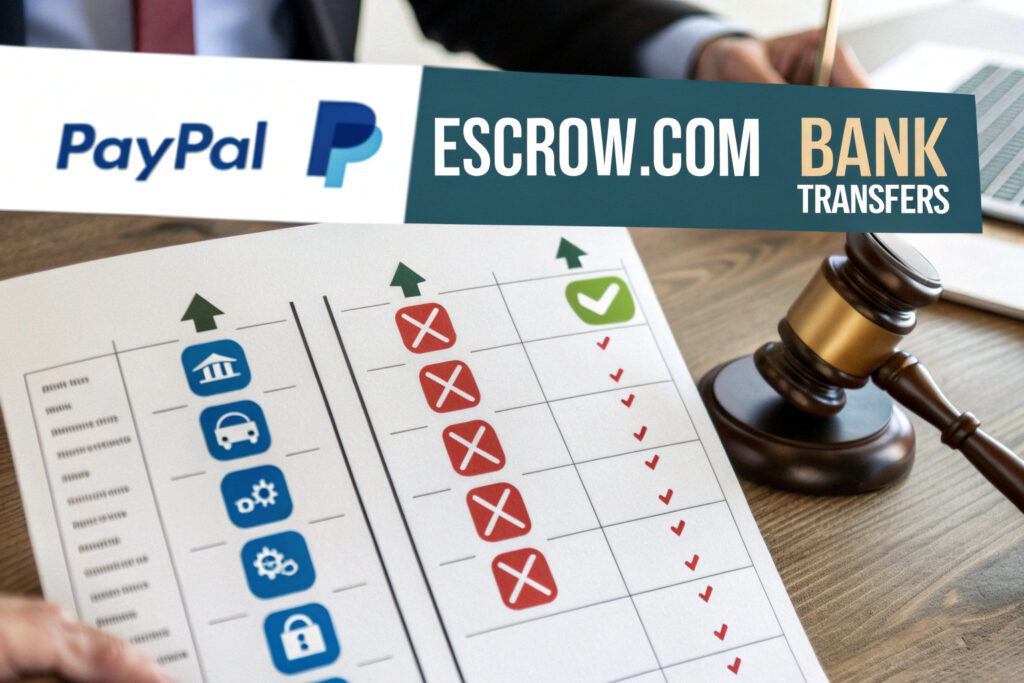
Can You Use PayPal for Large Mask Orders?
Technically yes—but not ideal for orders above $10K. PayPal offers strong buyer protection, especially for small brands. We occasionally use PayPal for sample or express production runs, especially when clients need fast delivery.
PayPal’s fees, however, are high (~4.5%), and many Chinese suppliers don’t accept it for full orders. If you use it, make sure the supplier account is “Verified Business” and back the transaction with a written order confirmation. Check PayPal's purchase protection policy for further coverage info.
What About Third-Party Escrow Services?
Platforms like Escrow.com or Tazapay are rising in popularity for cross-border trades. They hold funds until goods are delivered or cleared. We’ve worked with clients using Tazapay tied to QC inspections and air freight tracking.
Escrow protects both sides. But it requires clear milestone definitions and usually adds a 1-2% handling fee. Still, that’s a small price for peace of mind on orders of $30K+.
What Safety Practices Help Avoid Payment Scams?
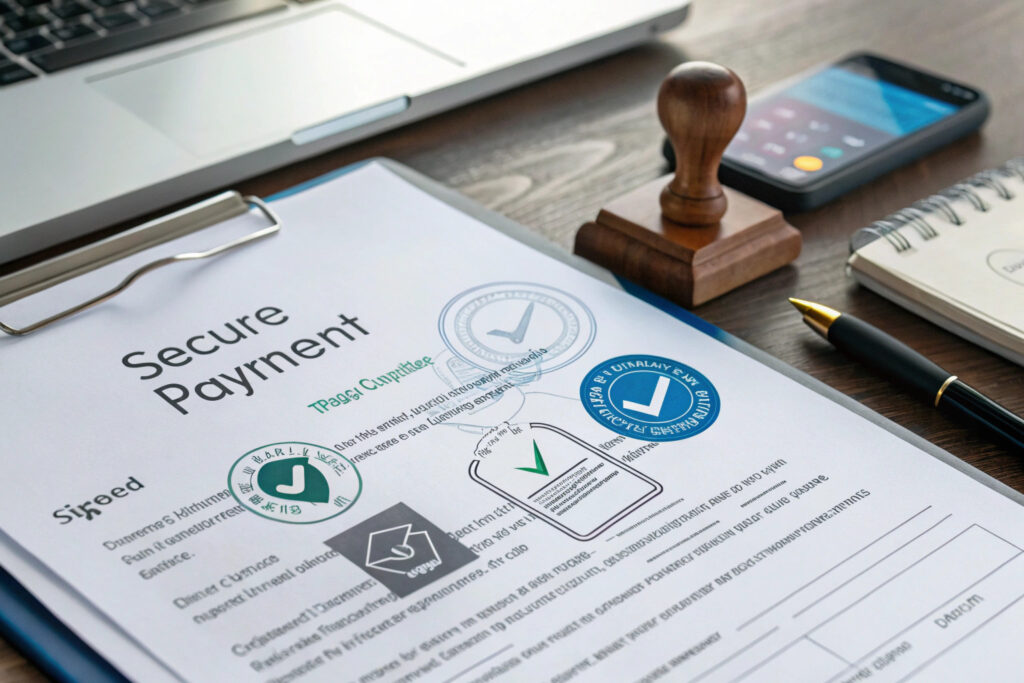
How to Verify a Chinese Factory’s Bank Info?
Payment fraud in global trade often occurs via phishing or “fake bank account” tricks. Before wiring any money, confirm the factory's account through an official PDF invoice and follow up via a secondary contact (like their manager or LinkedIn account).
You can also cross-check business licenses, customs records, or supplier profiles via QCC.com or ImportYeti. For extra caution, call the bank's branch to verify the account name and SWIFT code.
Should You Pay the Balance Only After Inspection?
Absolutely. A smart approach is to tie the 70% final payment to a passed quality inspection report or container loading supervision. We help arrange third-party checks via QIMA, TÜV Rheinland, or SGS.
Ask the supplier to agree in writing that if inspection fails, they’ll correct the issue before receiving the rest. That clause alone has saved our clients thousands.
Conclusion
Choosing the right payment method when sourcing fabric masks from China is more than convenience—it’s about trust, protection, and negotiation power. Whether you go for Trade Assurance, bank L/C, or partial T/T, match your payment method with your risk profile. At Global-Caps, we support a wide range of options and can advise on what’s safest for your unique needs. Secure payment = secure supply chain.
